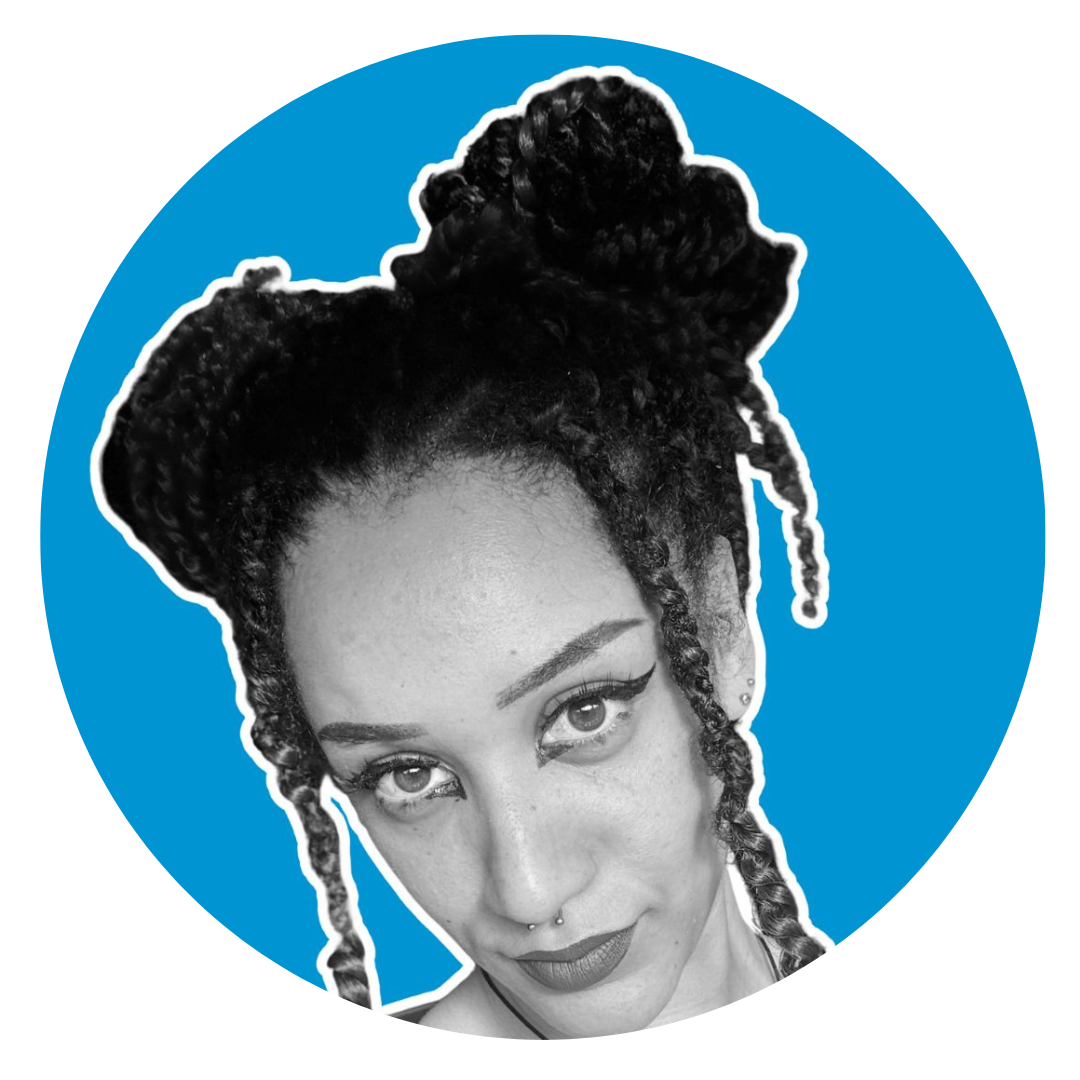
By
Alicia Edwards
May 12, 2023
Updated
November 20, 2024
 What is a whiteboard interview?
What is a whiteboard interview?
Whiteboard interviews are a common part of the hiring process for technical positions, particularly in the software development industry. During a whiteboard interview, a candidate is presented with a coding problem or system design challenge and asked to work through the problem on a whiteboard. The goal of the interview is to assess the candidate's technical knowledge, problem-solving abilities, and communication skills.
What is the purpose of a whiteboard interview?
The purpose of a whiteboard interview is to evaluate a candidate's technical skills, problem-solving ability, and communication skills. It allows the interviewer to assess the candidate's:
- Ability to think critically
- Break down complex problems into smaller components
- Explain their thought process in a clear and concise manner
- Coding skills
- Ability to write clean and efficient code
What are the benefits of a whiteboard interview?
For employers
Whiteboard interviews are a valuable tool for employers to assess the technical and problem-solving skills of potential candidates. By presenting a coding challenge or problem, employers can see how candidates approach and solve problems in real-time. This can help employers identify the most skilled and knowledgeable candidates and make more informed hiring decisions.
Whiteboard interviews also allow employers to evaluate a candidate's communication skills. By asking candidates to explain their thought processes and reasoning, employers can assess how well candidates can articulate complex ideas and collaborate with others.
For candidates
Whiteboard interviews provide candidates with an opportunity to showcase their technical skills and problem-solving abilities. By demonstrating their ability to think on their feet and solve problems in real-time, candidates can make a strong impression on potential employers.
Whiteboard interviews also allow candidates to demonstrate their communication skills. By explaining their thought processes and reasoning, candidates can show their ability to articulate complex ideas and collaborate with others. This can help candidates stand out from other applicants and increase their chances of getting hired.
Conclusion
Overall, whiteboard interviews can be a valuable tool for both employers and candidates in the hiring process. By evaluating technical skills, problem-solving abilities, and communication skills, employers can make more informed hiring decisions, while candidates can showcase their abilities and increase their chances of getting hired.
